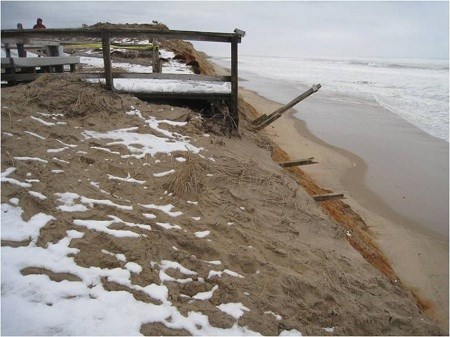My name is Victoria Spink. I am a Women’s and Gender Studies major at the University of Massachusetts Dartmouth. I am taking classes fully online while working towards my bachelor’s degree. Women’s issues have always been of interest to me, and I consider myself a to be passionate feminist. The more I learn, the more I want to make a change. In the future I hope to use my degree to make some sort of difference in the lives of women, big or small, I just want to help.
For my first post I am choosing to write about the Ms. Magazine blog because it was the first national magazine written entirely with a feminist perspective and dedicated to exploring contemporary women’s issues and experiences. The journalists of Ms. Magazine have received the inevitable doubts and backlash from their critics, but since their first publication in the 1970’s they have prevailed and provided a platform for voicing the issues of the women’s movement. This blog will bring inspiration to my own writings and I hope that my posts can follow in their footsteps through the use of feminist theory and encouraging insightful discussion among its readers. Although I am influenced by the history and mission of the Ms. Magazine blog, it publishes articles covering a wide range of women’s issues from reproductive rights to women’s sports, and my personal blog will differ because it will be more specific to ecofeminism.
I grew up on Cape Cod, Massachusetts where right now there is a lot of environmental concern. I can tell you from personal experience that the beaches on the Cape are completely different from how they looked when I was younger. The landscape has changed dramatically in a short period of time. It’s interesting to live in a place that experiences first hand the devastating effects of climate change. I feel it is easier to ignore the reality of the situation when you do not see it for yourself, and that explains why there are still people who doubt the truth of global warming. According to CBS Boston, “… there’s no better visual for a changing landscape than outer Cape Cod,” (Fisher). Homes have been lost and dunes have been washed away as the beaches continue to change and human activity along the shore is pushed further inland due to erosion (Fisher). As we learn more about global warming, there needs to be more preventative action against it. I relate the struggle to make all of society believe in what is happening to our environment to the struggle of women trying to show gender discrimination. I think it’s something that is hard for those who do not experience it, to see and understand the issues being raised. The activism is based on the same general idea of human oppression whether its environmental or social, which is the root to the theory of ecofeminism.

A glimpse at some of the beach damage done by stronger storms due to climate change.
Climate Change. 2018. National Park Service, Cape Cod. https://www.nps.gov/caco/learn/nature/climate-change.htm
Fisher, Eric. “Climate and The Cape: Erosion Will Continue Changing The Landscape of the Beaches.” CBS Boston. https://boston.cbslocal.com/2018/06/05/eric-fisher-climate-change-cape-cod-beaches-erosion/ Accessed 25 January 2019.
